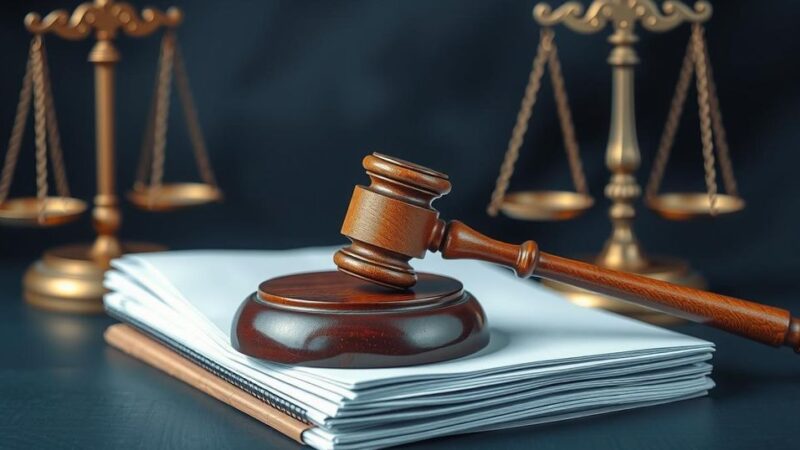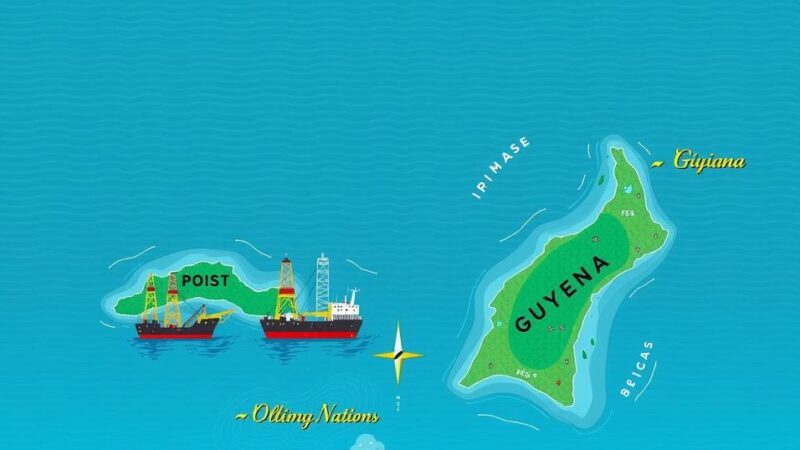President Bola Tinubu declared a state of emergency in Rivers State, suspending key officials due to escalating security issues linked to pipeline vandalization. Critics, including the Nigerian Bar Association and the PDP, have condemned the legality of this decision, warning against threats to democracy. The move follows significant infrastructure damage and rising political tensions in the state.
In response to a growing political crisis, President Bola Tinubu of Nigeria has declared a state of emergency in Rivers State, suspending the governor, deputy governor, and all lawmakers for six months. The president highlighted alarming security reports related to militants vandalizing pipelines, emphasizing his inability to allow this situation to persist.
The declaration follows significant damage to the Trans-Niger Pipeline, highlighting the ongoing issues with criminal gangs attacking essential infrastructure. The affected pipeline reportedly generates approximately $14 million daily at current oil prices, exacerbating the crisis’s financial implications.
Political tensions have escalated in Rivers State, with Governor Siminalayi Fubara, a member of the opposition People’s Democratic Party (PDP), facing internal party conflicts. Tinubu criticized the lack of cooperation among local leaders and alleged intimidation from Fubara’s allies, further complicating the state’s governance.
In light of threats of impeachment against Fubara, Tinubu contends that the political chaos has brought Rivers State to a standstill, necessitating this extraordinary measure to restore order. The emergency provisions allow the federal government to manage the state and deploy security forces if required.
Opposition groups and legal experts have expressed strong disapproval of Tinubu’s actions, asserting the unconstitutionality of removing elected officials. The PDP condemned the emergency rule, characterizing it as an attempt at “state capture” and asserting that it threatens Nigeria’s democratic integrity. Critics, including former presidential candidate Peter Obi, have condemned the move, calling it reckless and indicative of authoritarian tendencies.
Historically, Nigeria has witnessed several emergency declarations aimed at addressing insurgency and unrest, underscoring the government’s struggle to maintain stability across the nation.
President Bola Tinubu’s declaration of a state of emergency in Rivers State underscores the escalating political crisis and security threats in Nigeria. By suspending elected officials, controversy has arisen, garnering significant opposition from various groups. Criticism centers around the legality of this action and concerns regarding the potential erosion of democracy in the country. This situation reflects a broader pattern of governance challenges in Nigeria.
Original Source: www.bbc.com






